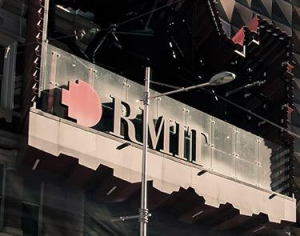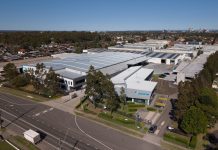RMIT researchers have developed an affordable way to grow special nanostructures which can degrade organic matter when exposed to light directly onto textiles, paving the way towards nano-enhanced textiles that can spontaneously clean themselves of stains and grime simply by being put under a light bulb or worn out in the sun.

Team leader Dr Rajesh Ramanathan said the process had a variety of applications for catalysis-based industries such as agrochemicals, pharmaceuticals and natural products, and could be easily scaled up to industrial levels.
“The advantage of textiles is they already have a 3D structure so they are great at absorbing light, which in turn speeds up the process of degrading organic matter,” he said.
“There’s more work to do to before we can start throwing out our washing machines, but this advance lays a strong foundation for the future development of fully self-cleaning textiles.”
The researchers from the Ian Potter NanoBioSensing Facility and NanoBiotechnology Research Lab at RMIT worked with copper and silver-based nanostructures – known for their ability to absorb visible light – which when exposed to light, receive an energy boost that creates “hot electrons”.
According to the researchers, these “hot electrons” release a burst of energy that enables the nanostructures to degrade organic matter.
The biggest challenge facing researchers was to build these nanostructures on an industrial scale and permanently attach them to textiles.
To overcome this issue, the research team grew the nanostructures directly onto the textiles by dipping them into a few solutions, resulting in the development of stable nanostructures within 30 minutes.
Mr Ramanathan said that when exposed to light, it took less than six minutes for some of the nano-enhanced textiles to spontaneously clean themselves.
“Our next step will be to test our nano-enhanced textiles with organic compounds that could be more relevant to consumers, to see how quickly they can handle common stains like tomato sauce or wine,” he said.
The research has been published on the cover of the high-impact journal Advanced Materials Interfaces, and has received widespread online coverage, currently ranking Number 1 for social impact among all the articles ever published by the journal.

















